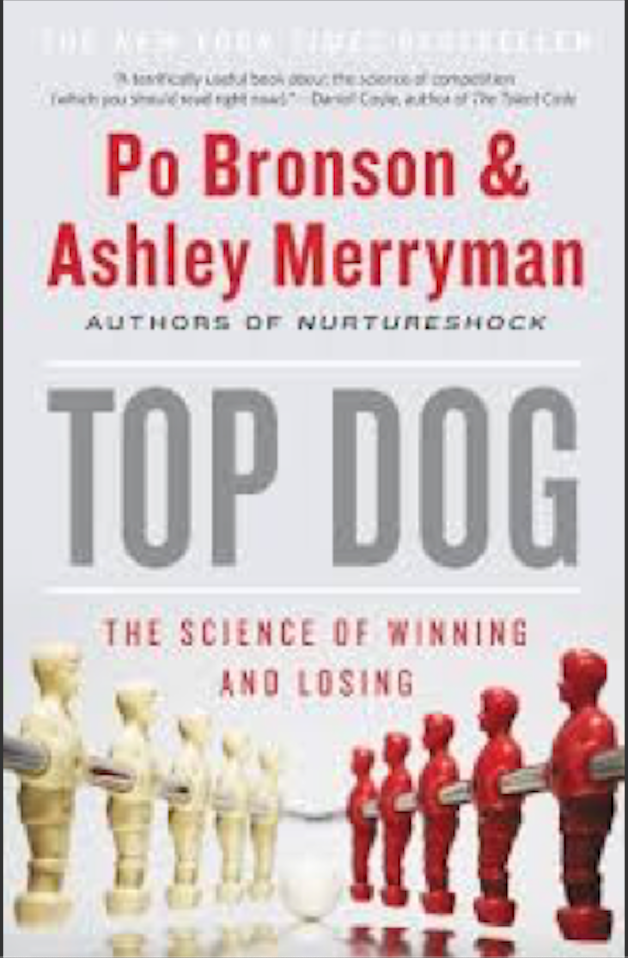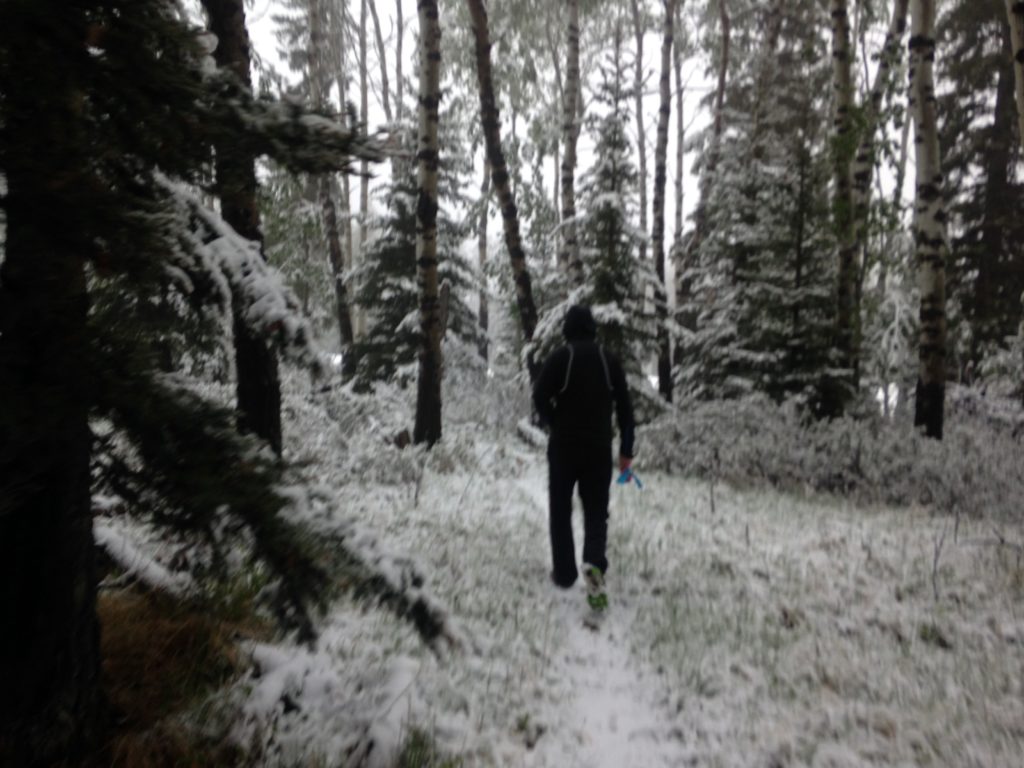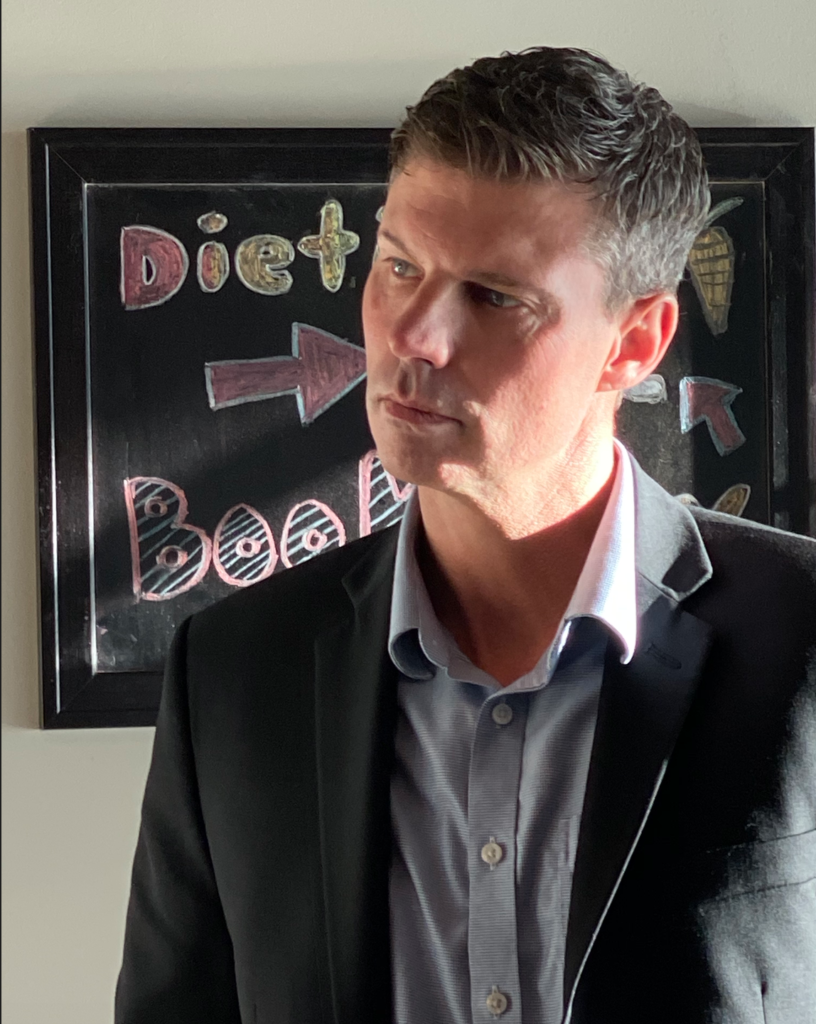To start December and build off our November reflections along with some Navy Seal mental toughness insights, I thought I share this recommended book for anyone who has an ego. We all have basic human needs, and we have different degrees of those needs. The needs can be broken down into a high need to achieve, freedom, love & belonging, fun, and survival.
Many of us in work, sports, school, and in our social lives have a high need to achieve. We feel good when we get what we want. And we hate losing. Thus, as we get in the season of sports, school, and preparing for Xmas holidays…… I have been thinking about how we can find ourselves competing. And as we all know…… with politics, the economy, current trends in the work place, etc. that we can sometimes feel we are spinning our wheels in a toxic environment and/or thriving in a cooperative and productive environment.
However, we all have a certain amount of choice in how we perceive things. I have worked with many competitive athletes, coaches, leaders, and support staff over the years and here are a few notes I really appreciate from the book “Top Dog: The Science of Winning and Losing” written by Pro Bronson and Ashley Merryman.

I feel this info can also apply for our work with The Practice Clients who are working hard to achieve their goals in life, work, and family. It’s hard to be good at everything, and it feels great when we are achieving the goals we set. So, Let’s COMPETE!!!!!
How did that word feel for you???
Bronson and Merryman begin their case by explaining the difference between adaptive and maladaptive competitiveness. They explain,
“Adaptive competitiveness is characterized by perseverance and determination to rise to the challenge, but it’s bounded by an abiding respect for the rules.” What’s so wonderful about people who excel in adaptive competitiveness is that they “don’t have to be the best at everything – they only strive to be the best in the domain they train for.” As a result, these types of people have what Bronson and Merryman consider healthy competitiveness, marked by “constant striving for excellence but not desperate concerns for rank.”
Maladaptive competitiveness, on the other hand, is “characterized by psychological insecurity and displaced urges. It’s the person who can’t accept that losing is part of competing; it’s the person that competes when others around him are not competing.” It’s the person that wins at all costs, regardless of whether he or she is breaking the rules. These people don’t understand that cooperation is key to competition, and as a result, competition has gotten a bad rap.
The Journey teaches us different ways to compete, how winning and losing is not a bad thing. We care about winning and losing because we dare to care. The truth is we love to compete. It’s Fun. It gets us through things. And we get to learn to turn off our compete and reenergize for the next opportunity.
Many great coaches like preach that We Race Like We Train. We play like we practice. Our Mindset, habits, and work ethic will determine our direction. And the … “the inescapable conclusion is that years and years of practice are not, automatically, enough. In addition to the deliberate practice, success also depends on how well people compete. It hangs on how well they handle the psychoendocrine stress response, manage it, and even harness it…….everyone has that stress response, but we can interpret it differently, which drastically affects our performance..” – 9
Psychologists have studied and written about how we must strive and gain awareness regarding:
Learning How You Compete in each situation and realizing this is An Opportunity to further:
Understand Your SKILL to meet the challenge
Understand Your DISPOSITION
Learn How you MANAGE THE ENVIRONMENT
Improve your SELF-REGULATION skills
Here are some questions we ask our clients or they learn through our work.
- THE SKILL TO MEET THE CHALLENGE
Do you believe you have the skills, preparation, and commitment to execute at the level of challenge facing you?
What is your current physiological level and how did that impact your performance? Age, history, experience…..
Do you have winning experience?
“The mindset and self-belief you bring to the challenge will determine if you feel up to the challenge or feel threatened and distracted”.
Are you focused on the task?
Do you approach your Passion like a Professional with Deliberate Training?
These steps are often part of your preparation phase.
You Are Prepared and Ready with a clear goal directed focus
Execution: Performance Phase – you execute and perform with emotional engagement and task focus that aligns your physiological and technical execution.
In order to do this, we will also need to reflect on:
Are You executing at or above where you have been training?
1. UNDERSTAND YOUR DISPOSITION?
For example,
Is it good for your performance to swing for the fences?
Do you want to win everything or just compete when you know you can win?
Do you believe in your ability to WIN?
Do you have a winning identity/attitude to compete whether you win or not?
Are you really willing to take it to the next level and find a way to win?
Do you have the kind of GRIT to passionately persevere in pursuit of your long term goals, with a willingness to overcome any obstacles that lie in your path, because you value the path of being GRITTY.
You are hungry and yet stay humble to work and sacrifice like everyone else in life.
You Understand your pattern of self-perception and how you perceive the task in order to compete the best with what you have on that day.

The mindset and self-belief you bring to the challenge will determine if you feel up to the challenge or feel threatened and distracted.
Athletes for example, underperform more often due to being internally distracted (because they don’t feel good enough) vs. externally distracted.
We learn how to free ourselves up to perform vs. get in our own way, make excuses, or focus on task-irrelevant information
2. MANAGE THE ENVIRONMENT
Do you practice routines that you’re comfortable with and give you confidence or do you let the uncontrollables affect your emotional readiness and focus?
Disposition (you/us) vs. the Environmental Demands
3. PERFORMANCE DEMANDS
You Learn to face the vast array of environmental challenges and stressors…… and you are typically pressured to meet the performance demands and standards set by yourself and others.
Learning to COMPETE requires navigating through the Specific SKILLS required, Your DISPOSITIONAL characteristics, the Environment, and the PERFORMANCE DEMANDS facing you.
ACTUAL PERFORMANCE IS HOW YOU COMPETE WITH GRIT AND TASK IQ. And then learning how to do it at a consistently high level requires self-regulation strategies you have learned WORK FOR YOU.

“We play like we practice. Our Mindset, habits, and work ethic will determine our direction“.
SELF-REGULATION SKILLS
The Big 4: Self-talk, emotional management, goal setting, and imagery
Did you have clear goals today?
Do you have success memories for this challenge?
How did you manage the situational demands to compete today?
Did you focus on the task or did you give yourself an out?
Do you give yourself permission to recover?
Your Are Either Winning Or You’re L……….
- THE POWER OF DEBRIEFING TO FORMULATE EMOTIONAL MEMORIES FOR FUTURE FOCUS
The Amygdala deals with the passionate perceptual emotions when you compete. It puts the punch into memory formation
These perceptions filter into your memory (Hippocampus)
Your Memories (through a proper debrief) set up your subconscious, future emotional experience, and task focus.
Do you use a trusted team to provide you with feedback? Do you have people who will level with you vs. just tell you what you want to hear?

Here at The Practice Calgary, we pride ourselves in helping our clients along the journey. Supporting them as the learn, work, and remember what strategies are helping them achieve their needs. Our promise to you is our striving to bring real, authentic, and practical strategies in working together.
Notes and thoughts by Derek Robinson (December, 2019)
